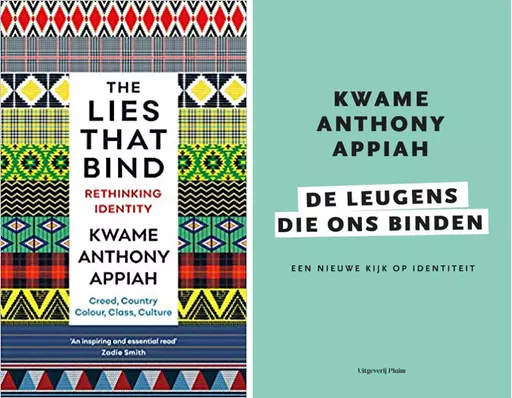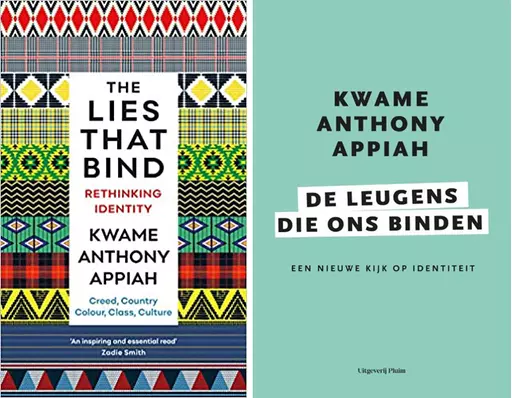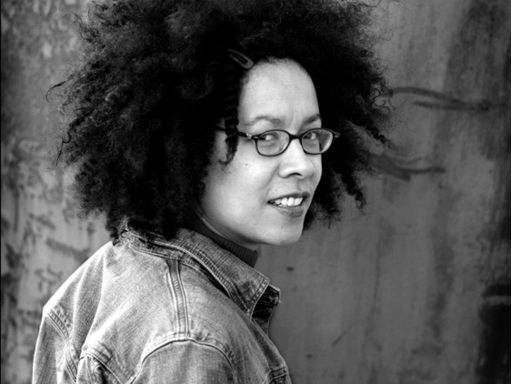
We want to express our solidarity
blogWe want to express our solidarity to all who suffer from oppression, racism and inequality. We, as human beings, artists and as an art institution, have a long way to go and therefore we hope to contribute with our programme to the conversation and actions needed for change, although we are aware that it is a small contribution. We all must remain aware of our imperfections, blind spots, and the work we still have to do to move forward in this fight for human rights.

Must Read: The Lies That Bind Us, Kwame Anthony Appiah
In light of the protests currently taking place around the world, we would like to share Kwame Anthony Appiah's book, The Lies That Bind Us. A must read for anyone who wants to gain more insight into the misery that identity politics and box thinking entail and how we can escape.
Kwame Anthony Appiah is an influential Ghanaian-American philosopher, critic and writer, currently a professor at New York University. In 2019, the first edition of his book, De Leugens die ons binden, was published in the Netherlands. Appiah writes in this that we should not reduce ourselves to a single box (religion, country, color, class and culture). We have long known that a construct such as 'race' does not exist, but as the current situation shows, this still does not want to get through to everyone. Because we keep thinking in boxes, society is polarizing. In this book, Appiah writes about Euro-centrism, the meaning we attach to skin color, faith and much more. He analyzes, describes historical contexts and talks about his own experiences and life. An easy to read book that is important to read today.
Kwame Anthony Appiah is an influential Ghanaian-American philosopher, critic and writer, currently a professor at New York University. In 2019, the first edition of his book, De Leugens die ons binden, was published in the Netherlands. Appiah writes in this that we should not reduce ourselves to a single box (religion, country, color, class and culture). We have long known that a construct such as 'race' does not exist, but as the current situation shows, this still does not want to get through to everyone. Because we keep thinking in boxes, society is polarizing. In this book, Appiah writes about Euro-centrism, the meaning we attach to skin color, faith and much more. He analyzes, describes historical contexts and talks about his own experiences and life. An easy to read book that is important to read today.
Must See: A Case for Intersectional Thinking and Doing in the Arts, Nancy Jouwe
Furthermore we urge you to watch Nancy Jouwe’s keynote on institutional racism and sexism in the Dutch Art scene for the Conference The Roadmap to Equality in the Arts in which she makes a case for intersectional thinking and doing in the Arts. This week we could hear Nancy in the Dutch media point out the need for the Netherlands to acknowledge that we have a problem and that this stems from our history as being the market leader in the slave trade. 'Where America has a long tradition of critical race studies or ethnic studies, we don't have that.' She is convinced of the role of education in this, and of research and the collection of hard data that goes with it.
Interview cultuurhistoricus Nancy Jouwe in Trouw:
Ook in Nederland heeft BlackLivesMatter veel te bevechten: ‘Het is een groot probleem’
Interview cultuurhistoricus Nancy Jouwe in Trouw:
Ook in Nederland heeft BlackLivesMatter veel te bevechten: ‘Het is een groot probleem’
Extra
Lees ook dit artikel van de Correspondent:
Institutioneel racisme in Nederland: wat het is, waar het zit, en wat jij eraan kunt doen
Institutioneel racisme in Nederland: wat het is, waar het zit, en wat jij eraan kunt doen
related content
people – 05 feb. 2019
